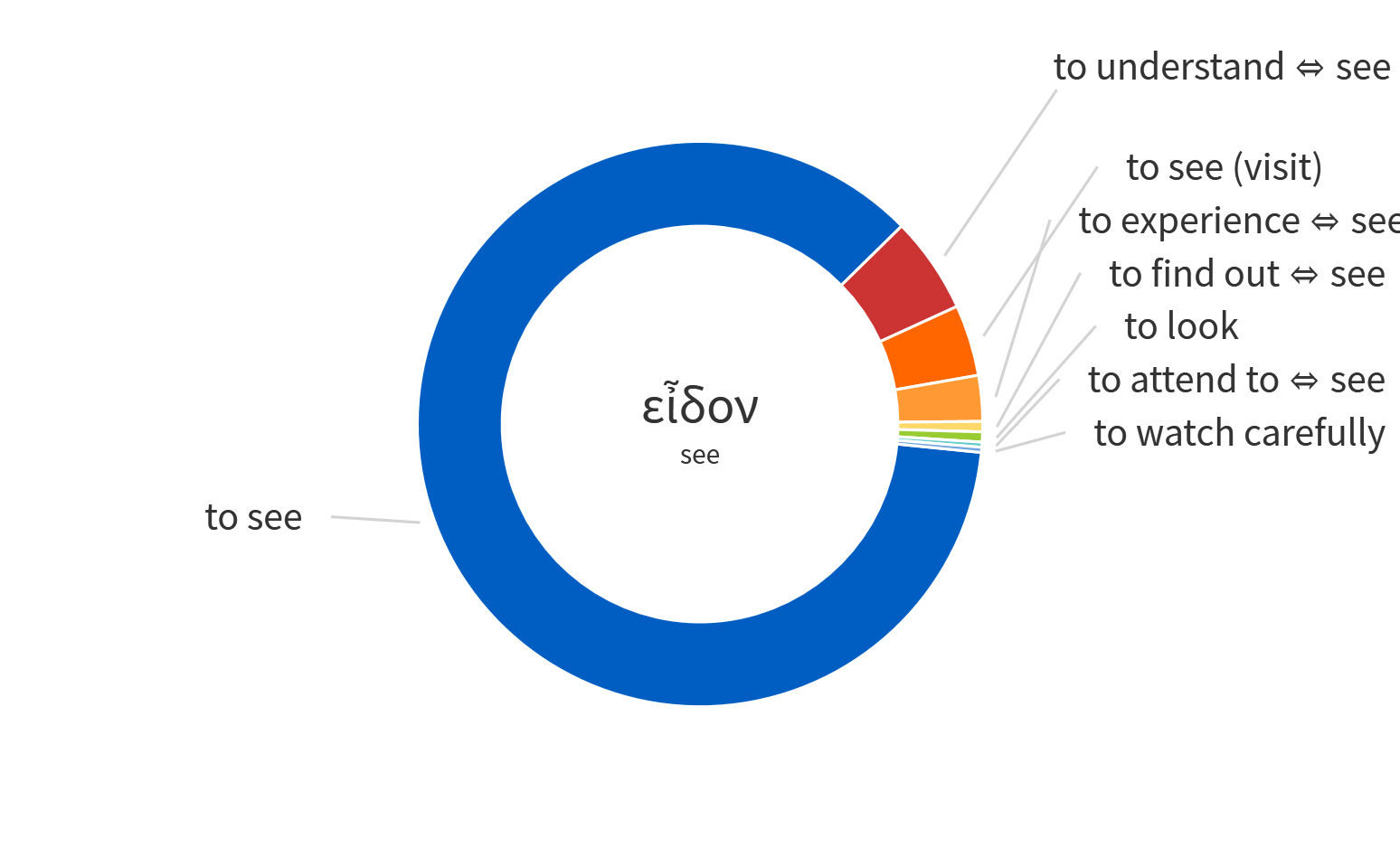While frowned upon today by scholars (which is a Greek word meaning "guys with time on their hands") there is a scriptural hermeneutic that involves expounding a single sentence from the scriptures with little or no regard for context and extracting messianic or perhaps ethical teaching from it. A classic example is "I summoned my son out of Egypt" which in its original context referred to
New American Standard Bible Hosea 11: 1When Israel was a youth I loved
him, And out of Egypt I called My son. 2The more they called them, The
more they went from them; They kept sacrificing to the Baals And
burning incense to idols.…
But is in the hands of Matthew a passage that tells the gospel of Jesus Christ:
NASB Matthew 2:15 where he stayed until the death of Herod. This
fulfilled what the Lord had spoken through the prophet: "Out of Egypt
I called my Son."
Don't try this at home!
The passage that drives John 6 in this way seems to be this:
NASB Psalm 105:40 They asked, and He brought quail, And satisfied them
with the bread of heaven.
Jesus is so bold in his use of the passage that he claims that God didn't give them manna from the sky and that passage is not about what Moses gave but what about God is giving. And it is not about manna bread but rather about the messiah's flesh and only finds its fulfillment in his own flesh:
BSB John 6: 30 So they asked Him, “What sign then will You perform, so
that we may see it and believe You? What will You do? 31 Our fathers
ate the manna in the wilderness, as it is written: ‘He gave them bread
from heaven to eat.’” 32 Jesus said to them, “Truly, truly, I tell
you, it was not Moses who gave you the bread from heaven, but it is
My Father who gives you the true bread from heaven
Paul likewise sees the water from the rock in the same verse in the same light:
NASB Psalm 105:41 He opened the rock and water flowed out; It ran in
the dry places like a river.
BSB 1 Cor 10: 3They all ate the same spiritual [πνευματικὸν] food 4and
drank the same spiritual [πνευματικὸν] drink; for they drank from the
spiritual [πνευματικὸν] rock that accompanied them, and that rock
was Christ [ie: the messiah].
This passage of bread from the sky is juxtaposed against the crude "free food" interpretation of the crowds:
NIV John 6: 30 So they asked him, “What sign then will you give that
we may see it and believe you? What will you do? 31 Our ancestors ate
the manna in the wilderness; as it is written: ‘He gave them bread
from heaven to eat.’”
Jesus claims that his flesh is the food that God is giving to the crowds to eat. Again the crowds take this in the most pedantic way possible:
NIV John 6:52 Then the Jews began to argue sharply among themselves,
“How can this man give us his flesh to eat?”
Jesus explains that as food, his flesh has no benefit BUT his words give life:
ERV John 6: 63It is the spirit [breath] that quickeneth ["makes alive"
(not "makes things faster")]; the flesh profiteth nothing: the words
that I have spoken unto you are spirit [breath], and are life.
Jesus/John is alluding to the Torah's teaching that it is the entrance of the breath (aka "spirit") that God breathed into Adam that makes alive:
New International Version Gen 2:7 Then the LORD God formed a man from
the dust of the ground and breathed into his nostrils the breath of
life, and the man became a living being.
See also:
NIV Ezek 37: 14I will put my Spirit [breath] in you and you will
live, and I will settle you in your own land. Then you will know
that I the Lord have spoken, and I have done it, declares the Lord.’ ”
BSB Romans 8: 1Therefore there is now no condemnation [death sentence]
for those who are in Christ Jesus. 2For in Christ Jesus the law of the
Spirit of life ["the principle of the breath of life"] has set you
free from the law of sin and death.
Finally, Jesus says that his flesh, in combination with the breath of life gives life by being the object of faith. They must believe that his flesh is raised from the dead in order to be justified and gain everlasting life:
John 6 47Very truly I tell you, the one who believes has eternal life.
48I am the bread of life. 49Your ancestors ate the manna in the
wilderness, yet they died. 50But here is the bread that comes down
from heaven, which anyone may eat and not die. 51I am the living bread
that came down from heaven. Whoever eats this bread will live forever.
This bread is my flesh, which I will give for the life of the world.”
This theme is prominent in John's gospel:
BSB John 3: 13No one has ascended into heaven except the One who
descended from heaven—the Son of Man. 14Just as Moses lifted up the
snake in the wilderness, so the Son of Man must be lifted up, 15that
everyone who believes in Him may have eternal life.
